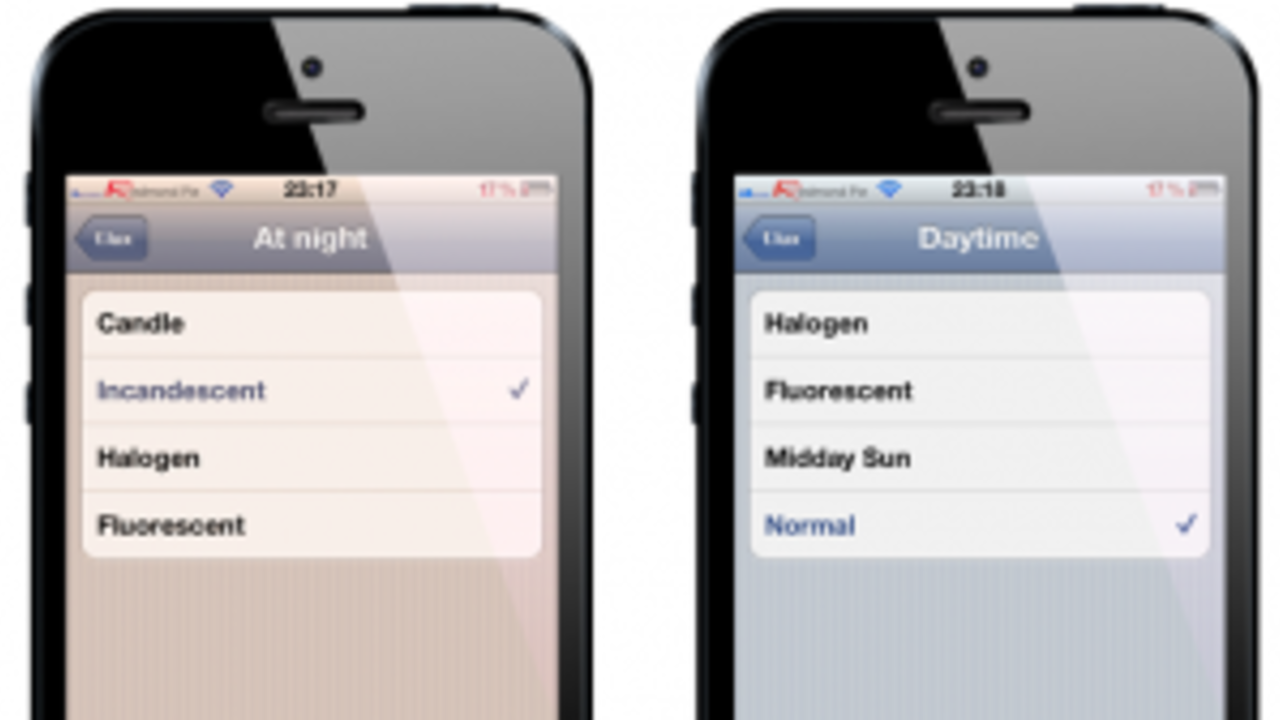
Find Out Why Digital Screens May Be Giving You A Terrible Sleep!
Mar 21, 2017by Ashley Cooke
Similar to the lives of so many others, my life is filled with screens. I begin, continue, and end my day by checking my phone for emails, doing professional work on my computer and researching on my tablet.
I sometimes think of how unique my lifestyle is in comparison to past generations, but beyond that, I have never given much thought to digital screens. Then I had a conversation with Sophia Gushée, who told me how our screen-staring lifestyle could affect our bodies by exposing us to blue wavelengths at night, which disrupt our sleep patterns and our biological clocks. Since I am a bad sleeper and am always looking for ways to achieve a more restful sleep, I had to learn more.
Blue wavelengths are present in natural and artificial light, as well as all screens in our life, including computers, television, tablets and cell phones. Blue light is beneficial during daytime hours because it boosts attention, reaction speed and mood, but it is disruptive at night when our bodies need to start shutting down.
The blue wavelengths disrupt something called circadian rhythms, which is our bodies’ biological clock that we rely on for regulation. Blue light also decreases the level of melatonin secretion in our bodies, which if undisturbed, would promote a restful sleep. There are also a number of other problems associated with the loss of melatonin, including sleep disorders (especially in children and adolescents,) as well as cancer, diabetes, heart disease and obesity.
Eager for a more restful sleep, I took Sophia's recommendation and downloaded F.lux, a device application that can remove blue light from our screens at night. For me, immediately after installing F.lux on my computer, my eyes felt less strained and dry when I used my device at night.
Since my work doesn’t always allow me to use a computer with modified screen color, I especially like that F.lux gives users the option to temporarily disable it, and that it will reactivate after a certain amount of time has passed. Since all blue light is disruptive at night (not just the light that comes from screens,) the tips below will help you reduce exposure from various sources. Try implementing some of these ideas, and see if you notice a difference in your sleep!
- If children need nightlights, use dim, red lights, as they are the least likely to disrupt circadian rhythm.
- Avoid looking at unaltered, bright screens from 2 – 3 hours before you go to bed.
- Consider downloading an application that will remove blue wavelengths from your devices at night. We like F.lux, which is free and helpful.
- If you work overnight, consider investing in blue light-blocking sunglasses.
- Expose yourself to lots of light during the day, as it will elevate your mood and alertness, and will help your ability to sleep at night.
For more information on blue light, and how you can reduce your exposure, visit these resources:
🎁 unlock your ULTIMATE HOME DETOX™ starter pack
Download the Ultimate Home Detox™ Starter Pack—your free set of practical, science-backed tools to begin reducing toxic exposures in your everyday life.
- Nontoxic Cleaning Guide
- Forever Chemicals Detox Starter
- EMF Detox Challenge
- Safe Cookware Starter Kit
- Kitchen Detox Checklist
- Fertility / Pregnancy / Children's Detox
Join 349,000+ people who’ve turned to Ruan Living for trusted, practical nontoxic guidance. These resources have helped thousands begin their journey toward a healthier home—and they’re yours, free.
GET YOUR ULTIMATE HOME DETOX™ STARTER PACK NOWWe hate SPAM. We will never sell your information, for any reason.


